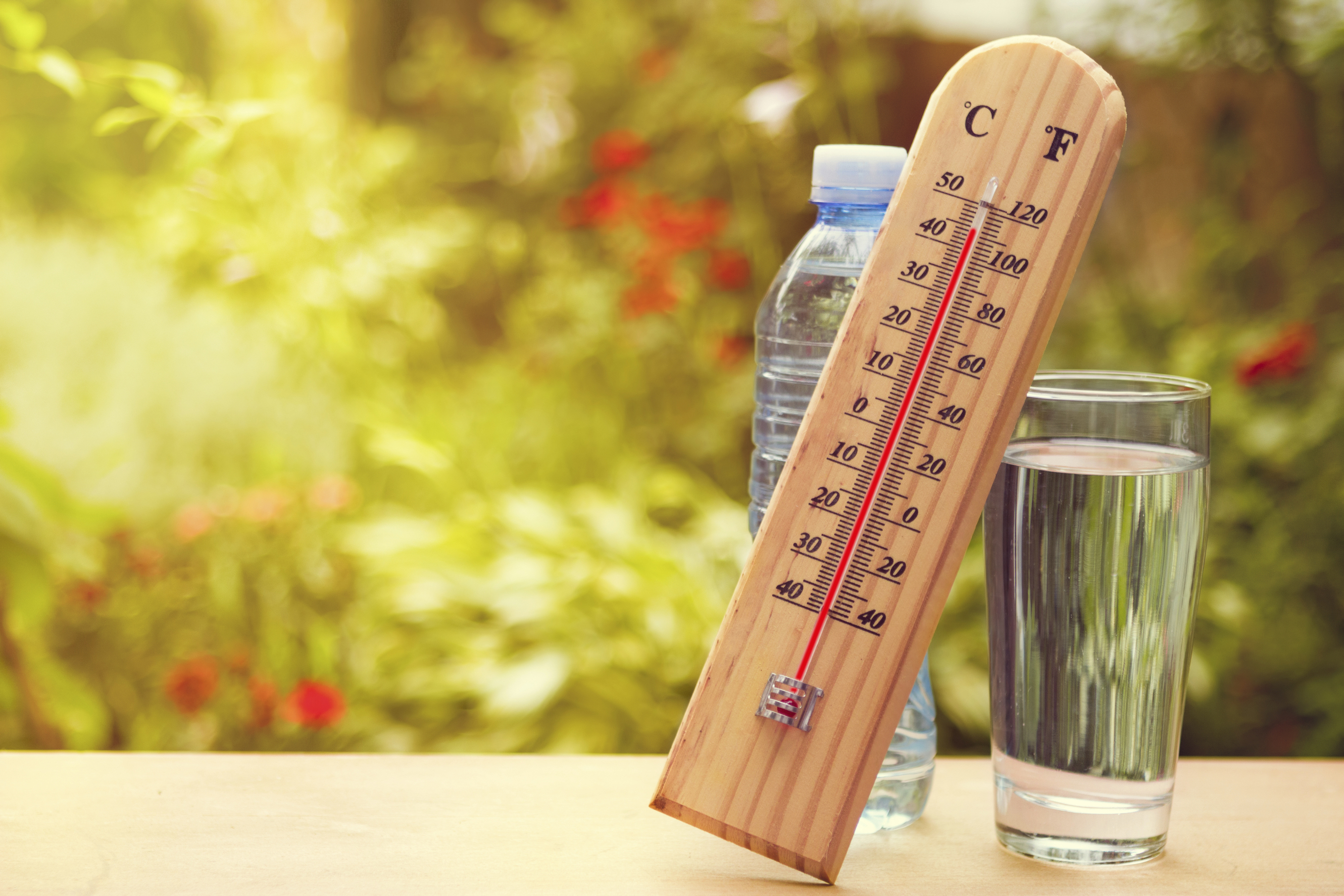Temperatures are soaring into the 90s again, and along with the heat comes a warning of unhealthy air quality resulting from elevated levels of ozone pollution in the air.
The poor air quality will affect all Connecticut citizens, but especially the most vulnerable residents – children, the elderly, and those with respiratory disease such as asthma.
UConn John Dempsey Hospital’s Emergency Department is urging caution for everyone during the heat wave, especially the young and the old.
Dr. Alberto Perez, medical director of the Emergency Department at UConn Health, says people are at risk of exposure to the high heat if they do not drink enough and cool down properly. This may lead to conditions of varying severity, ranging from general malaise, to fatigue, exhaustion, or heat stroke.
“You don’t have to be exerting yourself in the high heat to be impacted,” says Perez, adding that the risk of heat illness from the high heat and high humidity index is increased for those at the extremes of the age range – either young children or older adults.
Perez and his team also worry about the effect of the high heat and humidity on patients with asthma and lung conditions such as COPD, because their condition may be exacerbated during this time.
“I think every emergency department in the state will see patients this week with symptoms of heat illness, including extreme tiredness, nausea, dizziness, headaches, and dehydration,” says Perez. “If it is 96 degrees outside and you are not used to the hot weather, please reconsider going out for your run or bike ride.”
UConn Health Emergency Department advises:
- Be prudent about protecting yourself from the sun, heat, and poor air quality;
- Stay hydrated by drinking plenty of water and some drinks with electrolytes;
- Stay indoors in an air conditioned space and/or in the shade;
- Wear lightweight and loose-fitting clothing;
- Make sure you have your asthma medication or inhaler handy;
- Avoid strenuous outdoor exertion and exercise;
- If you do exercise, do so before noon or after 8 p.m.;
- If you are outdoors in the sun, take frequent breaks in the shade or indoors, since just a few minutes in the shade can reduce your body temperature.
For more information about the Emergency Department at UConn Health, visit: http://health.uconn.edu/patient-services/emergency-department/



